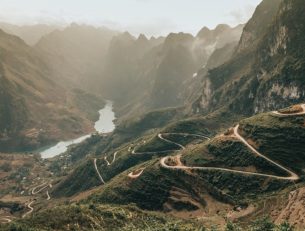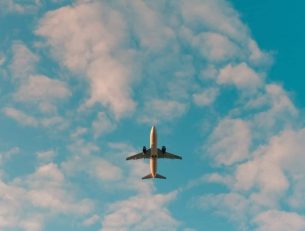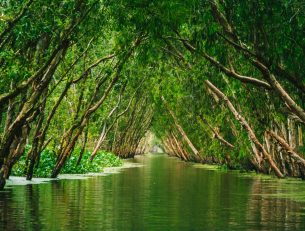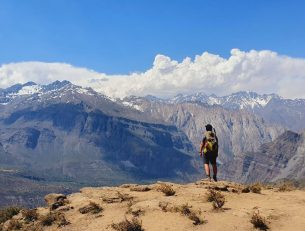Tourism is good for the world economy, right? Unfortunately, often not – in 2023, tourism contributed an estimated £7.7 trillion to the global economy. That is a lot of money. So it must stand to reason that communities with a lot of tourism stand to make a sizable income. Right? Well, unfortunately not – largely due to a concept called tourism leakage.
Especially in developing nations, the vast majority of a holiday’s cost – as much as 95% in some places – ends up elsewhere. Where that money ends up can even have a negative impact on the local communities that you’re visiting, so it is important to consider tourism leakage when you travel. In this article, we’ll explore exactly what tourism leakage means, why it happens, and, most importantly, what you can do to prevent it while you’re travelling.
What is tourism leakage?
Tourism leakage is the idea that, of all the money you spend on a holiday, surprisingly little ends up in the pockets of the community you visit. Instead – for a number of reasons – it ends up ‘leaking’ out. From profits distributed to foreign companies (like airlines or resorts), to foreign imports to meet tourism demand, the actual amount of money that ends up where you think you’re spending it can vary wildly. But, the effects are particularly pronounced in developing nations, where, according to the UN’s Ocean Atlas:
On average, of each $100 spent on a vacation tour by a tourist from a developed country, only around $5 actually stays in a developing-country destination’s economy.
Ocean Atlas points to two key sources of tourism leakage: import leakage, and export leakage.
Import Leakage
This is when demand for certain products, generated by tourists, cannot be met by a local economy. So local suppliers have to look elsewhere, spending a significant proportion of their income on importing the goods tourists want.
Think about it like this. You touch down from a particularly long-haul flight, and all you want is a cold beer. There’s a bar in the airport – you could choose to buy a Heineken over a locally brewed and bottled beer. They’re similarly priced – the Heineken might be a little bit more expensive. But you know that, if you buy the local beer, most of your money will stay in the local community. Whereas, if you buy the Heineken, a major proportion of your money will be spent on the cost of importing.
Ocean Atlas says up to 50% of tourism income for developing countries is lost through import leakage. So, you choose to buy the local beer, you get to try something new, and you benefit the community while doing it.
Export Leakage
On the other end of the spectrum, export leakage is when foreign investors export profits they have made back to their home country.
Again, by way of example, imagine an international organisation buys a pristine strip of white beach in the Caribbean, and spends multiple millions of dollars on developing it in to a luxurious, all-inclusive resort. That’s a significant investment, and could represent a major risk to shareholders. So, the primary interest of that resort is to generate profit. Even though it employs local workers, and benefits directly from the natural beauty of the coastline, the money made is getting sent right back to the company’s HQ overseas.
And this example isn’t a fiction. In fact, a UN study in the Caribbean found that St Lucia lost as much as 56% of its tourism income to export leakage, while Jamaica lost up to 40%
Why is tourism leakage bad?
Apart from the obvious – the exploitation of local people, communities, and places for profit – tourism leakage has a number of negative impacts. Let us look at a few of those impacts:
It fosters inequality
Tourism leakage is a snowball effect. If multi-national organisations are the only ones who can afford to invest in large-scale tourism infrastructure, but they keep removing all of the profits from the infrastructure they build. Well, nothing will change. In contrast, if travellers reduce their tourism leakage, they can support local communities to develop economically, reducing global inequality and helping these communities take their future in to their own hands.
It creates cultural erosion
If travellers are visiting a place, but demanding food from back home. If they will only stay in big resorts created by global companies. If they only buy from expensive foreign brands. There is very little room for local cultures to flourish or even exist. Locals become priced out of their homes, in favour of more profitable tourism provisions. Ultimately, that leads to a world that is far less vibrant, where global cultures are diluted because they don’t make enough money. However, when travellers actively seek local cultures, to learn about them, respect them, and experience them – then, those cultures flourish. We help to build a world that is better, brighter, and more diverse.
It leads to a worse holiday
And let’s not forget, tourism leakage is likely to create a worse holiday experience as well. If a resort is created and run by foreign interests, how likely is it that resort will actually represent the place you’re visiting? How likely is it to give a true flavour of the location, and show of everything that makes it so amazing? We’d say, very unlikely. Instead, choosing to stay in locally run accommodation and support local hosts gives a more genuine experience. It helps travellers get under the skin of their destination, and experience it as it actually is. It creates better holidays, and it supports local communities – win-win!
5 tips to prevent tourism leakage
There are always things we can do as tourists and travellers that can help reduce tourism leakage in the places we visit. We have put together a few of our top tips for how we can do this:
1. Buy Local
One of the easiest ways to prevent tourism leakage – specifically import leakage – is simply to buy local. That means that, when you’re in a location, try to buy goods and services that are made or grown there. Often, tourism boards will have stickers or other certifications to demonstrate that something is produced locally – when you’re travelling somewhere new, it’s worth looking online to see if there is any such system in place. It can also mean actively seeking out local, independently owned brands, shops, or market stalls over large multi-national brands that you may be familiar with from back home.
Simply, buying locally is a great way to make sure the money you spend stays where you spend it. More specifically, it means people in the community you visit don’t have to spend lots of money importing expensive alternatives (which significantly diminishes their profit). And, what’s more, it’s an opportunity to experience even more of what that community has to offer.
2. Stay Local
In contrast, resorts and hotels are one of the largest causes of export leakage in travel. International organisations building hotels and then taking profits back to their headquarters in different countries means very little of your accommodation spend will actually benefit the community you visit. But whilst many travellers have come to know and trust these international hotel and accommodation brands, in reality, we’ve found the best places to stay are almost always run by locals. They have the in-depth knowledge of the place, and a genuine interest in sharing its secrets with you.
Plus, local accommodation is often more integrated into the local community, meaning the money you spend will have not just a deeper impact, but a wider one too.
3. Eat Local
Eating local means two things – supporting local restaurant, and eating local produce. Choosing to eat in a local restaurant is a no-brainer. You get to experience a new cuisine or delicacy, in an authentic way. Who knows, you might even discover a new favourite dish. But more than that, you are engaging with a local business and supporting the community you are visiting.
Eating local produce is a little bit trickier. It’s about making the choice to eat food that is in season in the place that you are visiting, and largely trying to avoid food that has to be flown long distances to get there. Catering to the different tastes of tourists can be incredibly expensive, not to mention environmentally damaging. So, acting to alleviate that pressure is just another step you can take to reduce tourism leakage. When you visit somewhere new, do some research to learn about the local cuisine and what food is currently in season.
4. Get out and about
If you take one thing away from this post, let it be this: the first step in preventing tourism leakage is to get out and about. Book trips and excursions – and if you can, book with organisations that work exclusively with local hosts. Get out of the hotel and discover the nearby town, village or city. Ask a manager at the hotel about the best sites to see and the best places to eat – seek out new adventures!
By simply setting foot outside of your accommodation, you’re already on the way to preventing tourism leakage. You’ll be engaging with everything this place has to offer, and ultimately, you’ll start to be more mindful of how something as small as where you buy your lunch can make a huge difference!
5. Travel informed
It’s always important to be an informed traveller whenever you can. So, when you’re visiting somewhere new, get some research under your belt before you go. Learn about local foods, and get excited about what you’ll eat when you’ll arrive. Discover local companies and brands that you might be interested in. You might even want to learn about some of the challenges facing the place that you’re visiting.
By doing this, you’ll start to build familiarity with your destination, so that you’ll be looking forward to buying local, staying local, eating local, and getting out and about. It can seem like a daunting task, but even a quick search online will give you some pointers about the best local restaurants, businesses, and places so you can be smart with your spending while you’re away.
Conclusion
In reality, it is difficult to prevent all tourism leakage when we travel abroad. In part, this comes down to the nature of international travel, and in part, it comes down to how we define ‘local community’ in the first place. But, the good news is that, as a traveller, you have the power to significantly reduce this leakage, and make sure more of your money directly benefits the communities you visit. By doing your research, and then making simple choices to buy, eat and stay local, as well as making sure you get out and about, you’ll be guarantee a better travel experience that has a more positive impact on the people you meet and places you go. There is also another, easier way to prevent tourism leakage. Here at Not in the Guidebooks we work with the local people in those local communities to build our holidays around local businesses, which in itself prevents a good deal of tourism leakage. So, if you’re worried about tourism leakage, why not take a look at our holidays and move closer to sustainable travel.




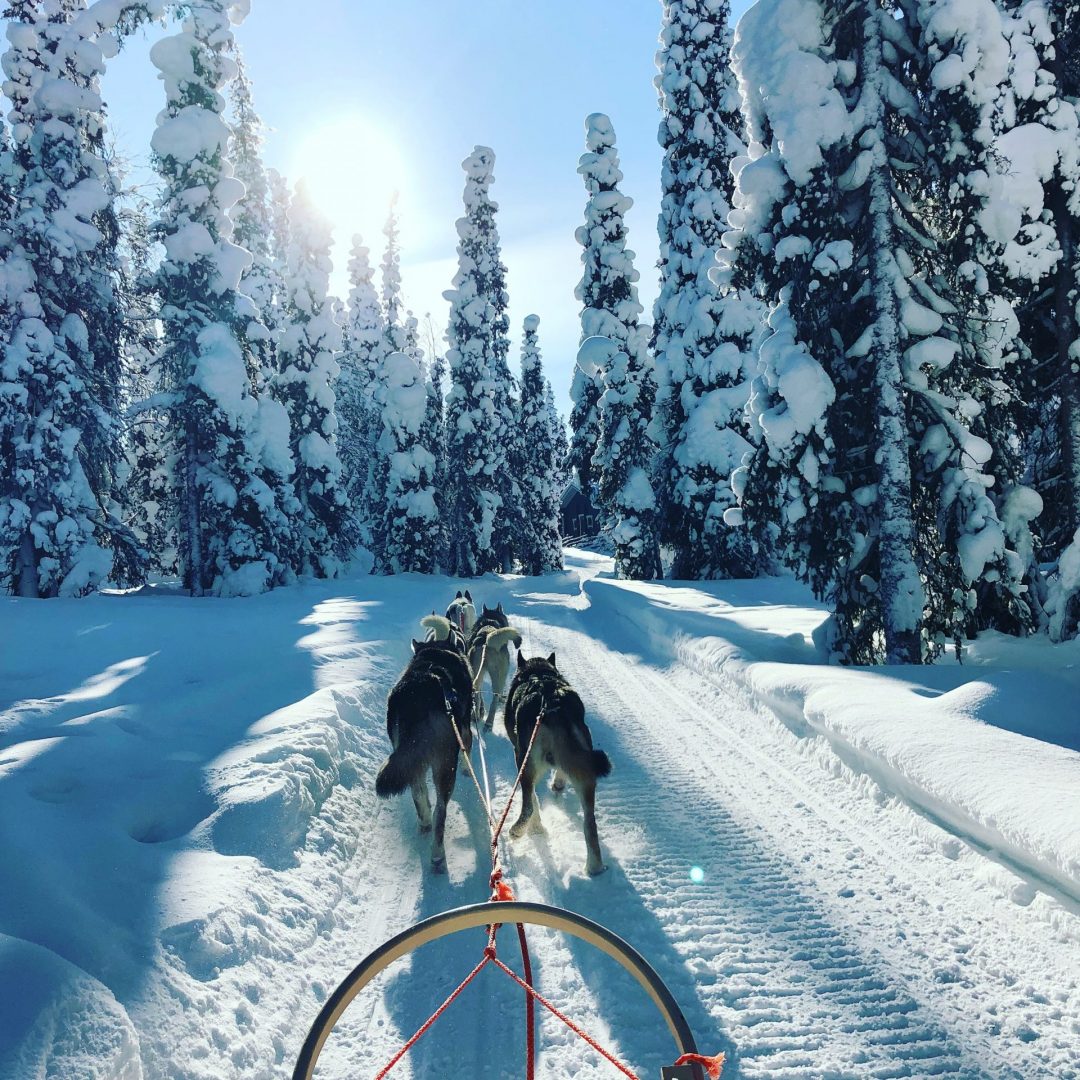
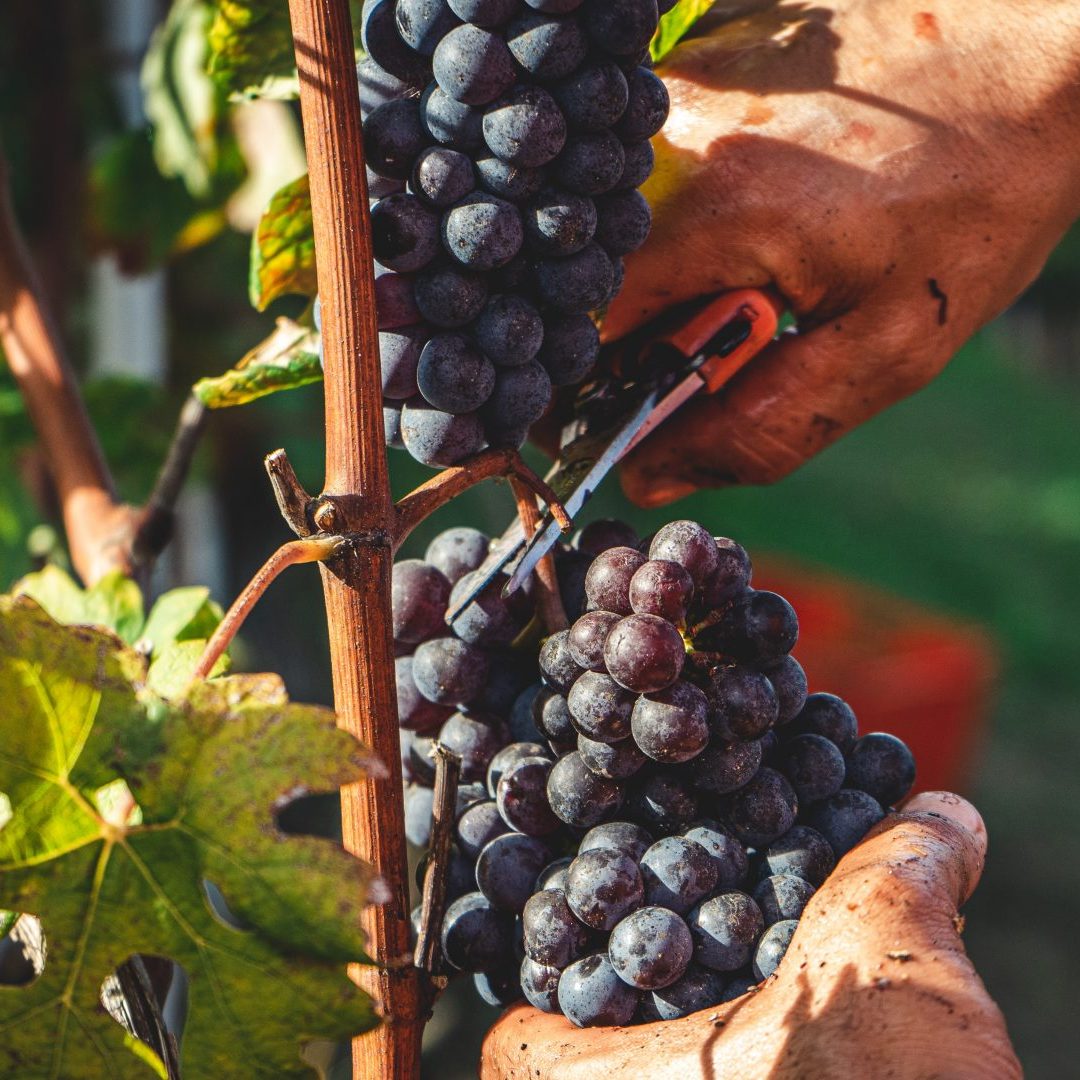
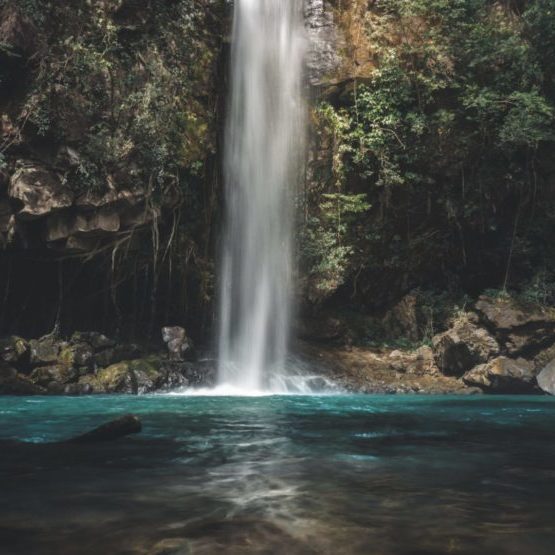
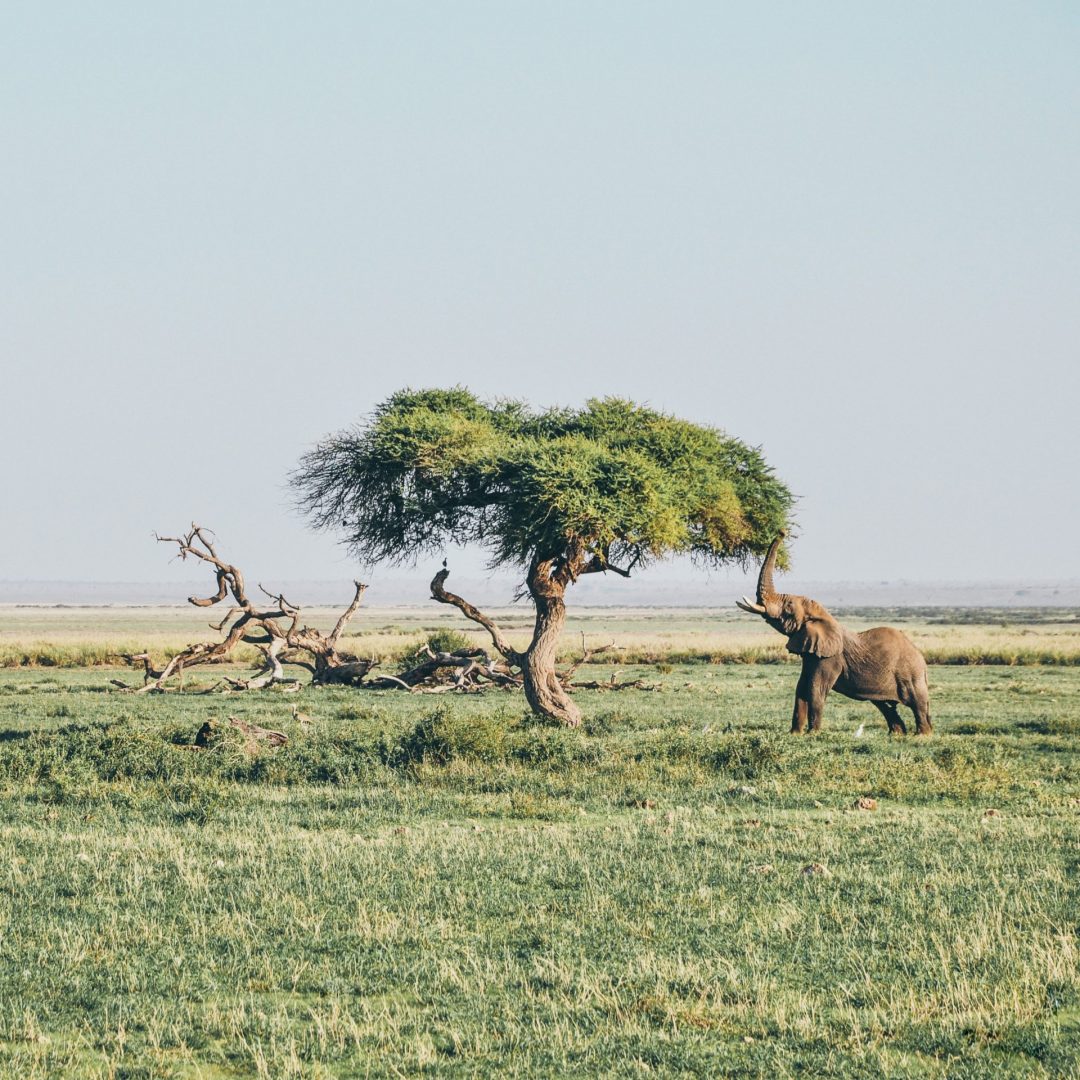
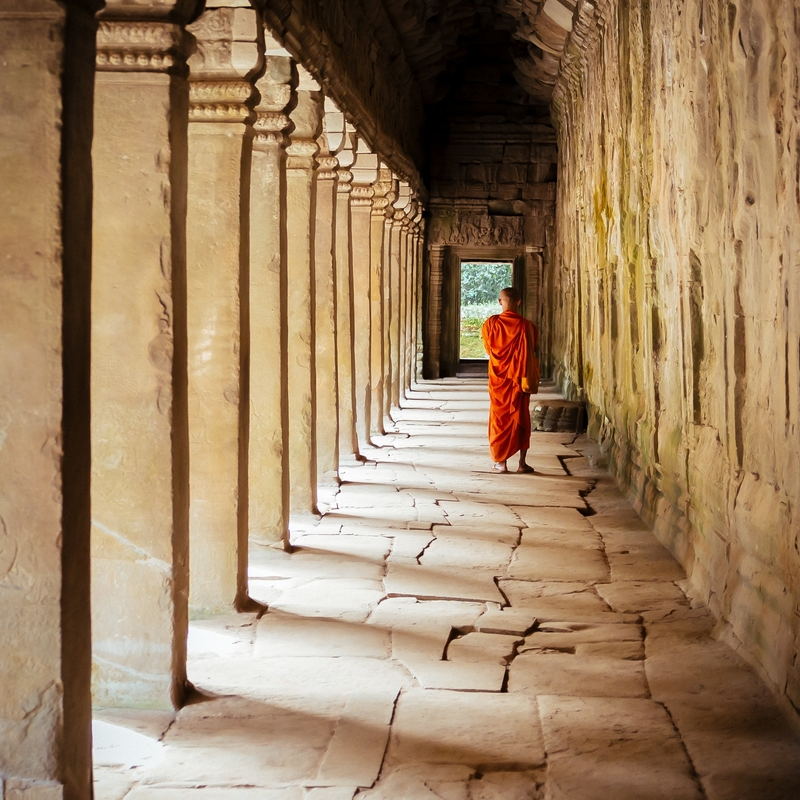
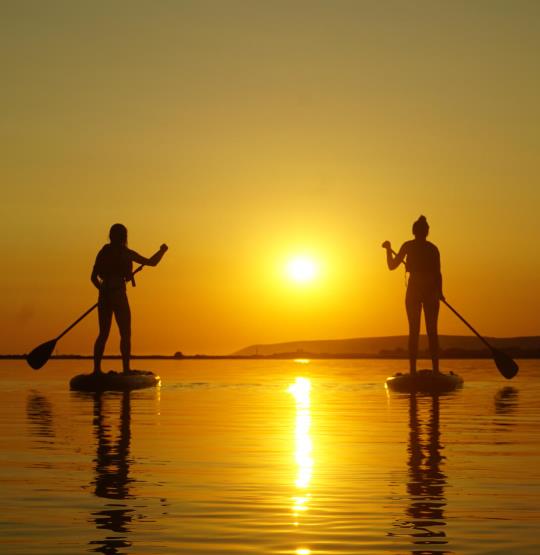
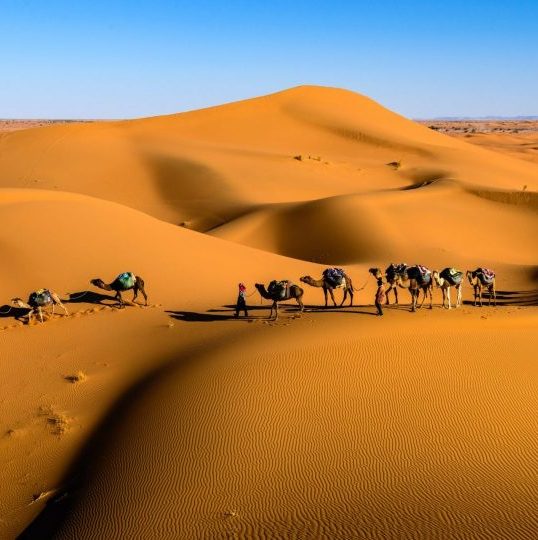
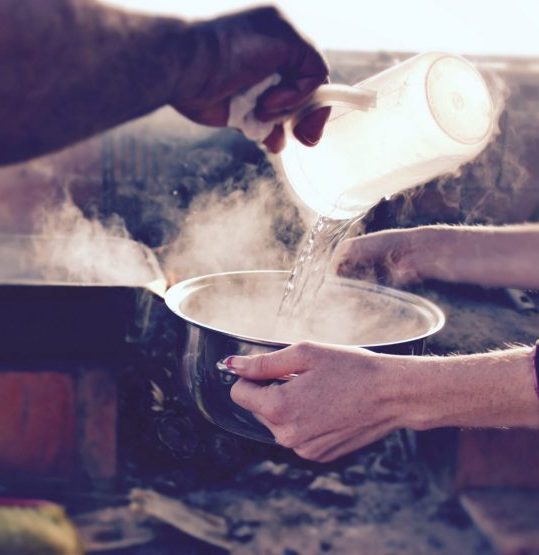
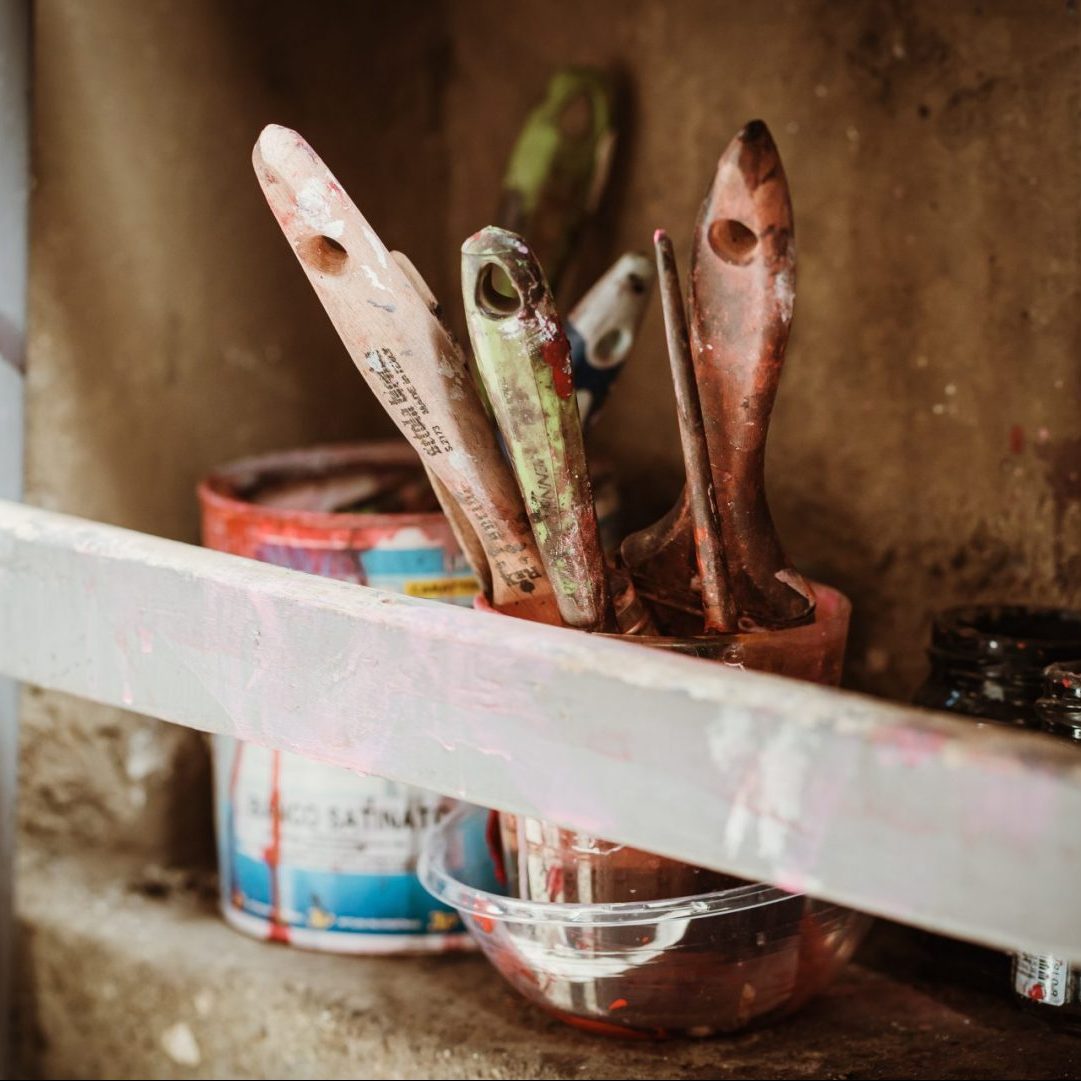
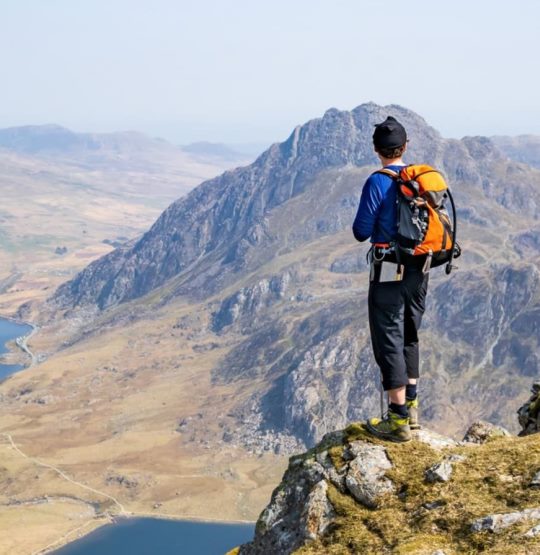
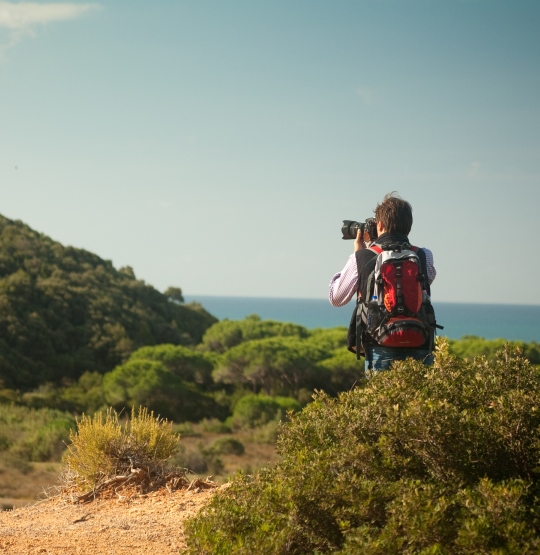
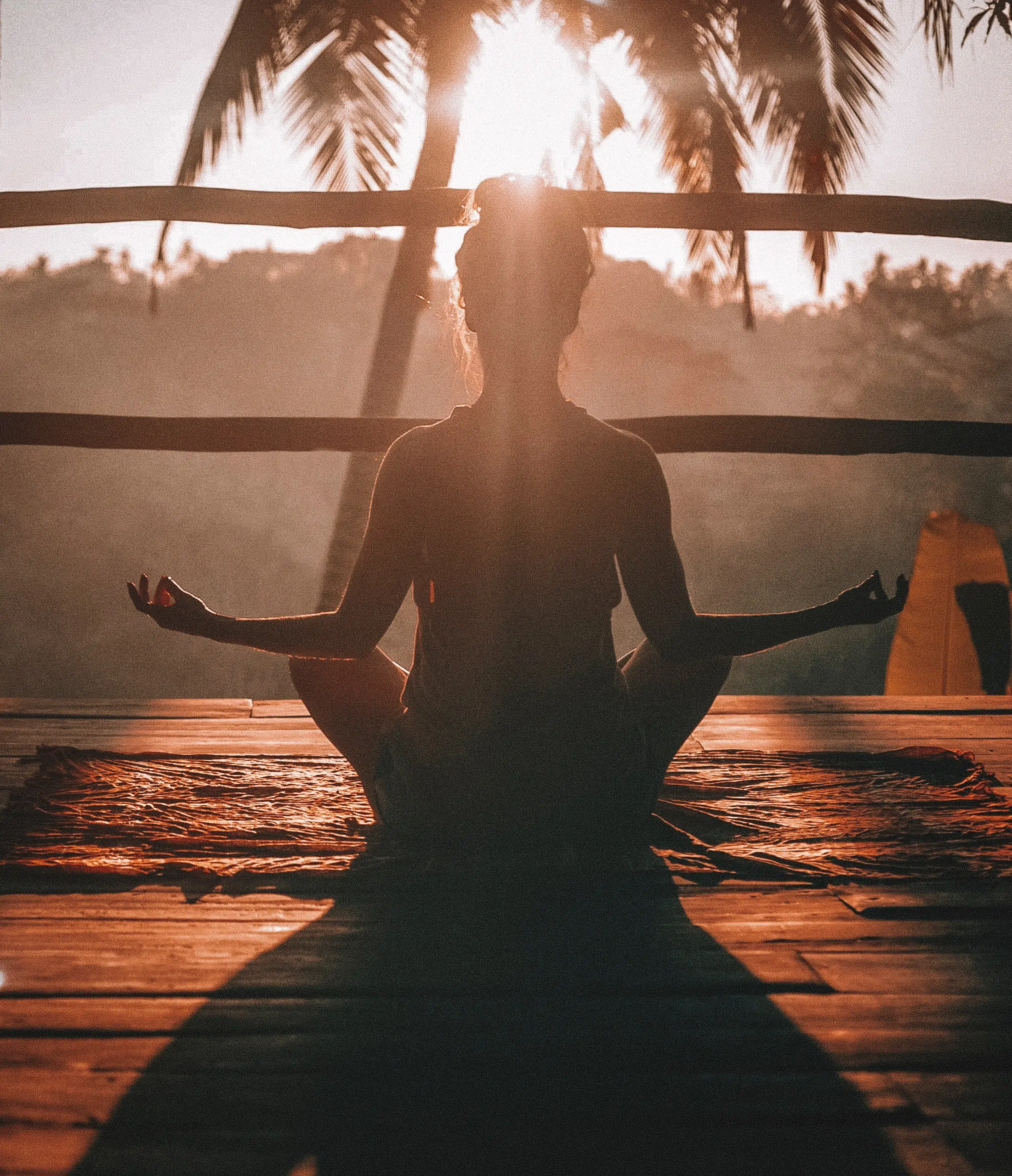
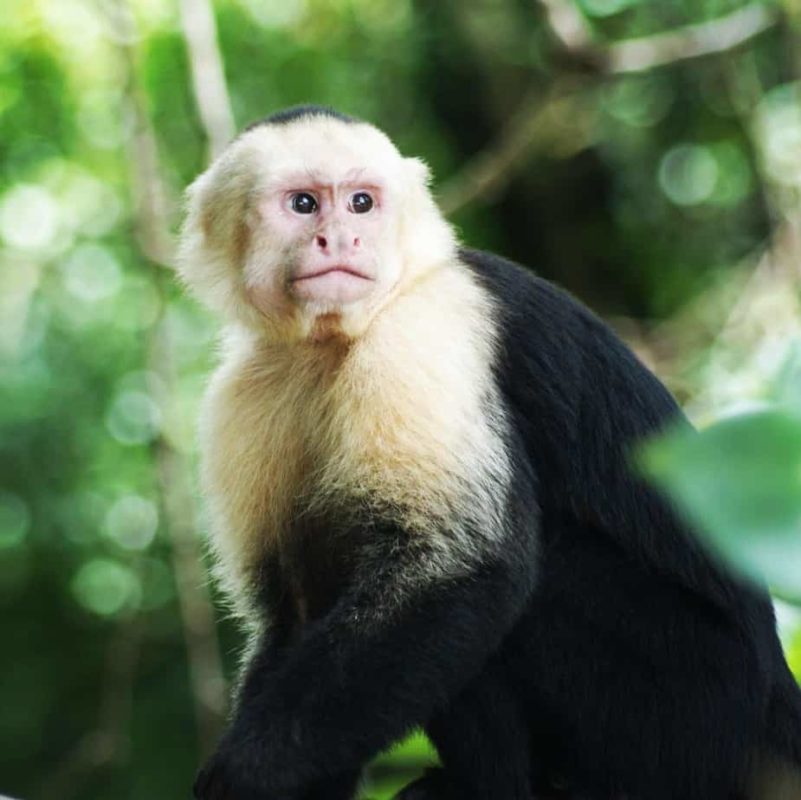
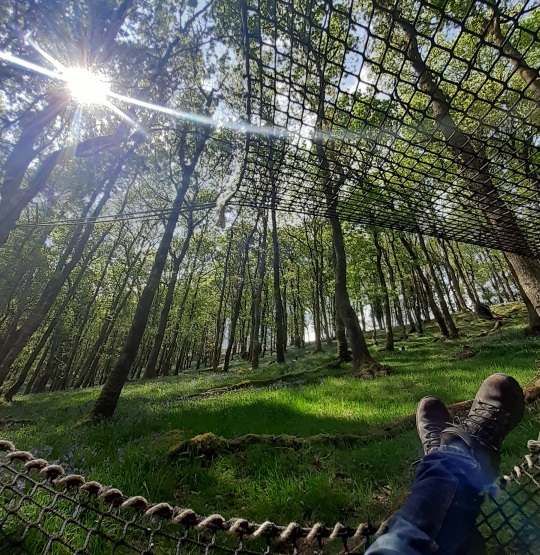

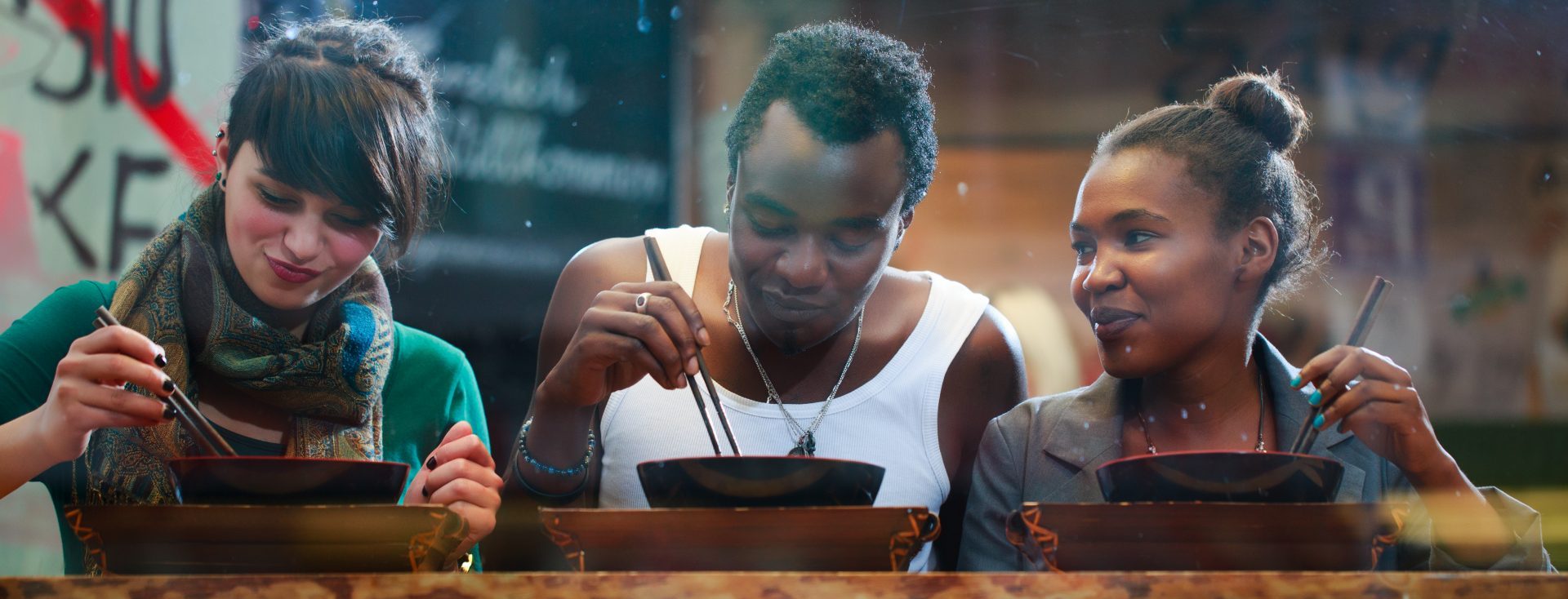




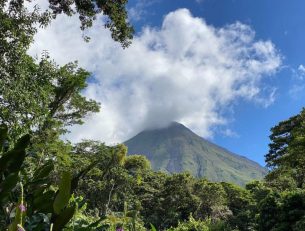
 Costa Rica
Costa Rica 

